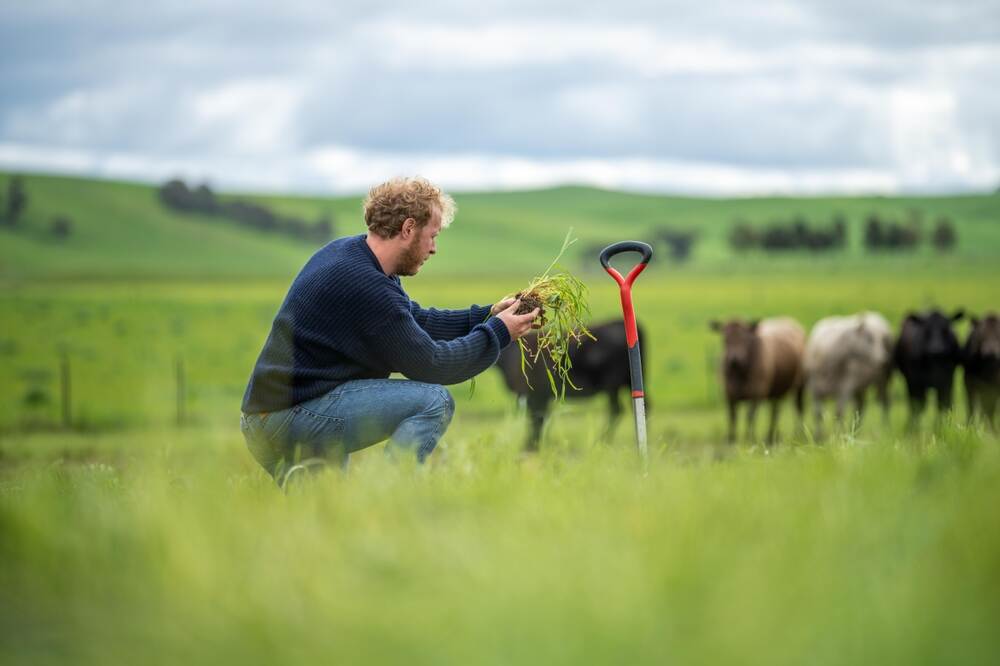
LNV Netherlands Agricultural Network showcases nature-inclusive practices and initiatives in 36 countries worldwide
Welcome to the world of nature-inclusive farming! In this new edition of our e-magazine Agrospecial, the teams of our Netherlands Agricultural Network showcase nature-inclusive practices and initiatives in 36 countries worldwide.
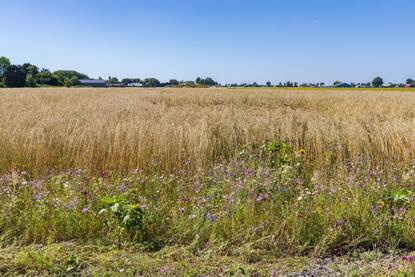
Transforming farming to a greener future. Securing farmers, food production, and climate goals through a paradigm shift in farming methods.
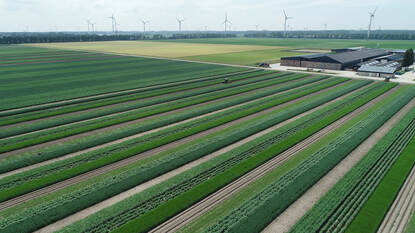
Flip van Koesveld promotes nature-inclusive agriculture for biodiversity, sustainability, and long-term benefits.
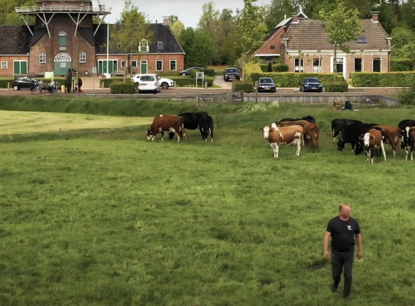
Peter Oosterhof: Dutch dairy farmer in Foxwolde, letting nature work for sustainable and profitable farming.

Belgium's journey towards nature-inclusive agriculture has showcased promising achievements, with Wallonia and Flanders implementing distinct models.
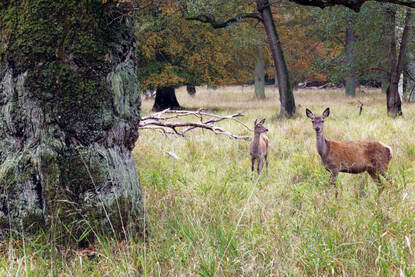
Denmark's efforts to enhance biodiversity on farms through nature checks and tailored advice are generating positive outcomes.

France leads in nature-inclusive agriculture with agroecology vision and initiatives like the Paysans de Nature Foundation.
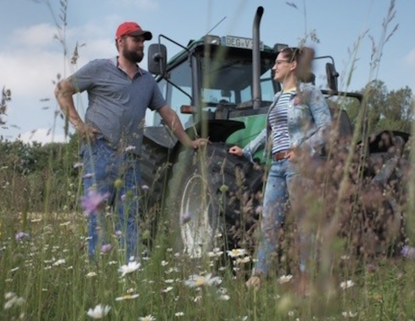
Discover the diverse initiatives and programs in Bavaria, Germany, aimed at protecting nature and preserving biodiversity.
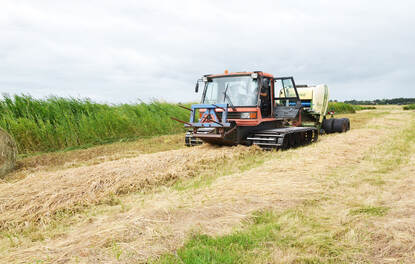
Germany is strategically promoting peatland restoration as an integral part of its national climate strategy, harnessing the environmental benefits of these ecosystems to combat climate change effectively.
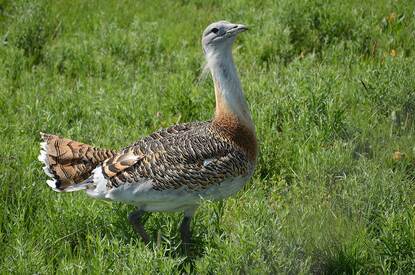
Hungary's national parks, like Kiskunság, combine nature preservation with sustainable agriculture, as farmers collaborate with the parks to balance environmental conservation and food production. These farmers, considered landscape preservationists, rely on public support and special labels to sell their environmentally friendly products at premium prices.

Driving change together: farmers, communities, and government collaborate for nature-inclusive agriculture in Ireland.

Italy's dedication to sustainable farming showcases the transformative power of preserving biodiversity and implementing nature-inclusive practices in food production.

The delicate balance between nature and the needs of reindeer herds in Norway is under threat as climate change and the energy transition, exemplified by wind power projects, create challenges for the traditional Sámi way of life and sustainable reindeer husbandry.
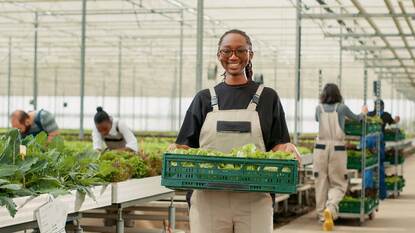
Promoting nature-inclusive agriculture: EU's sustainable food systems Initiatives for biodiversity and resource protection.
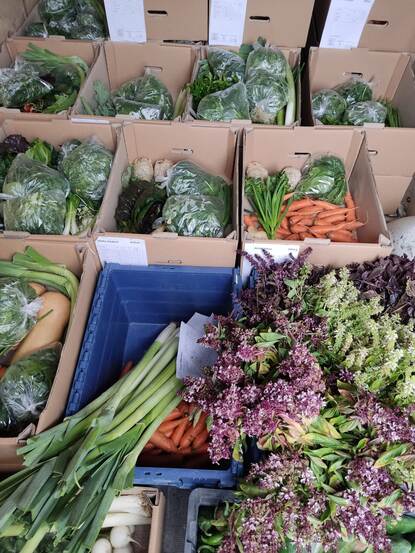
In Romania, the convergence of agriculture and nature is gradually taking shape, as the country embraces regenerative farming practices and seeks to strike a harmonious balance between food production, environmental sustainability, and biodiversity preservation.
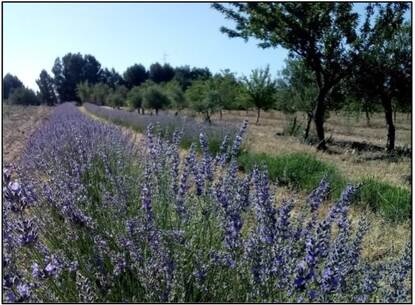
Agroecology, a sustainable solution for Spain's agricultural sector, offers opportunities for enhancing soil health, ecosystem services, and agricultural productivity.
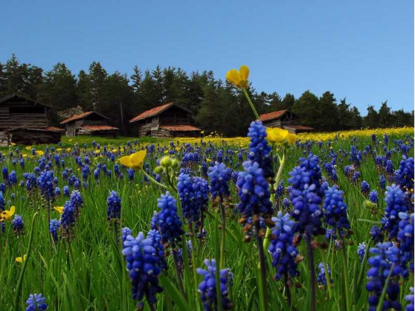
Türkiye's recent economic growth and agricultural sector development have placed considerable pressure on nature, making sustainable agriculture and organic farming practices increasingly crucial.
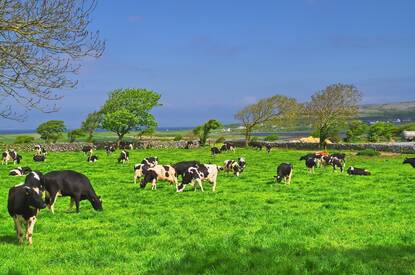
Transforming English farming: from EU subsidies to sustainable practices. Farmers' role crucial in climate action & biodiversity.
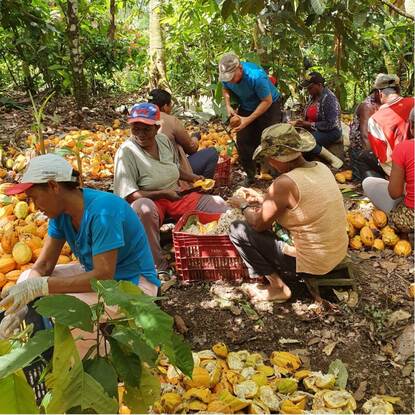
Uncover the cabruca agroforestry system in Brazil, a nature-inclusive farming approach that combines cocoa trees with native or exotic tree species. This innovative practice enhances resistance to phytosanitary outbreaks and promotes resilience to climate change.
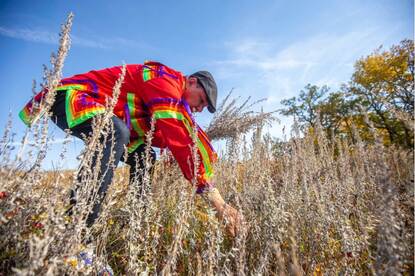
Canada aims to establish a resilient and equitable food system for future generations by integrating indigenous agriculture with innovative nature-inclusive practices.
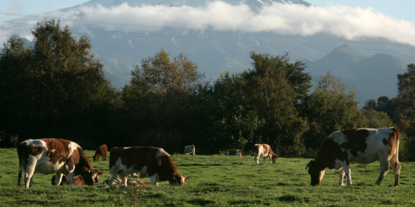
Chile's dedication to nature-inclusive agriculture, exemplified by individuals like Tomás Rivas Fuenzalida, winner of the Dutch Food for Nature Award, is transforming the country's dairy sector.
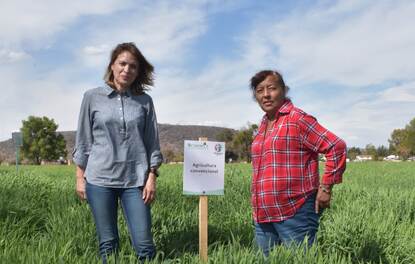
Brewing history meets sustainable future: Heineken Mexico's water-wise initiatives for a better tomorrow.
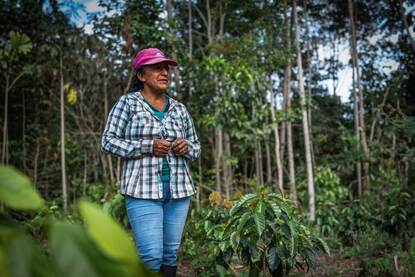
Acorn, an initiative by Rabobank, promotes agroforestry to address climate change and support small-scale producers in emerging regions by generating carbon credits and fostering ecosystem services.
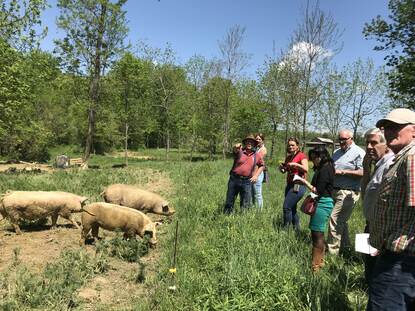
US are embracing nature-based solutions to combat climate change and improve the living conditions of marginalized communities.
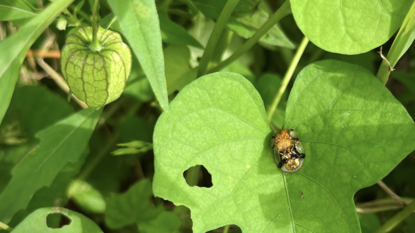
Smallholder farmers seek agroecological advancements to enhance resilience and food sovereignty.
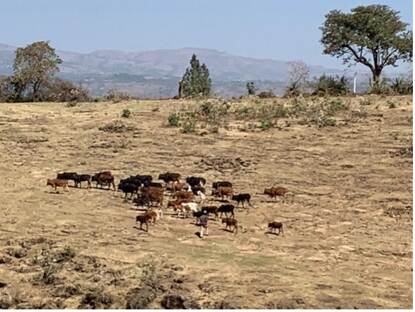
The Basin in Balance program in Ethiopia's Central Rift Valley focuses on revitalizing landscapes and ecosystems by addressing the decline in water quantity and quality. It employs an integrated approach to improve water efficiency, restore soil fertility, and promote sustainable farming practices.
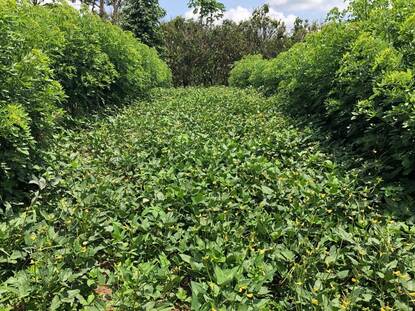
In Ghana, nature-inclusive farming has the potential to transform into a major force for sustainable agriculture and food security if the government aids farmers in adapting their systems, strengthens national capacities, and establishes safety nets for smallholders.
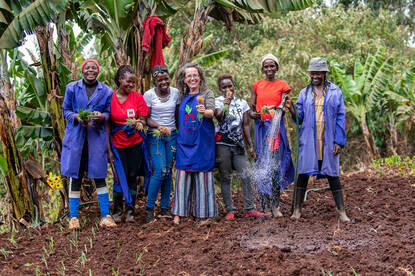
Mlango Farm in Kenya, founded by Els Breet and Kamande Njenga, is a sustainable farming model that integrates organic practices, biodiversity, and community inclusivity, empowering a new generation of nature-inclusive farmers.
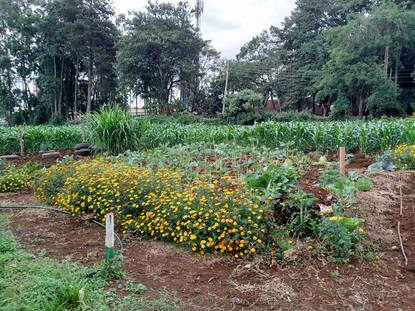
Nature-inclusive agriculture in Nigeria has the potential to revolutionize farming practices, but challenges like the absence of sustainable business models and low public awareness hinder its progress.

South African farmers have embraced nature-inclusive and organic farming methods, providing insights into the benefits and approaches of sustainable agriculture.
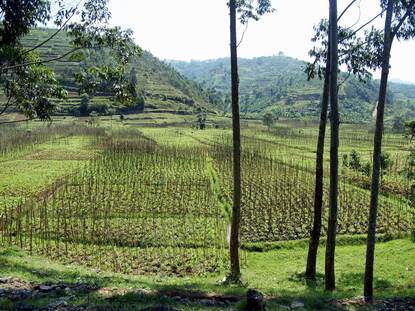
In Uganda and Rwanda, nature-inclusive agriculture initiatives aim to educate and empower young farmers , who strive to create a sustainable and profitable future through organic farming practices, despite challenges such as limited resources and low consumer awareness.
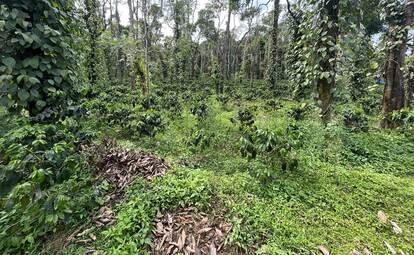
India's diverse ecosystems and government's focus on natural farming, in collaboration with Dutch organizations, promote eco-friendly agriculture and sustainable livelihoods.
Agroforestry programs like Working Landscape and TRACTIONS, supported by the Netherlands Ministry of Foreign Affairs and Netherlands Enterprise Agency (RVO), have empowered Indonesian small-scale farmers to improve their livelihoods while playing a vital role in carbon sequestration and biodiversity conservation.
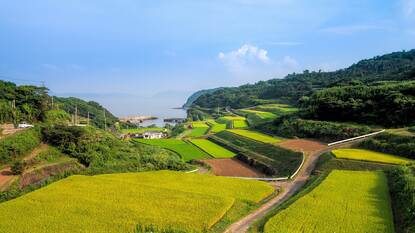
Japan's green farming journey: nature integration, community rejuvenation, and challenges with an aging rural population.
South Korea's move towards sustainable agriculture, driven by consumer awareness and the Eco-friendly Agriculture Promotion Act, faces challenges but offers cooperation opportunities with the Netherlands.
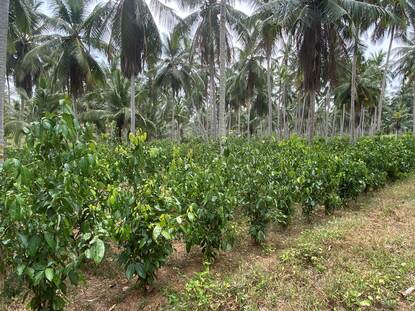
The shift towards nature-inclusive agriculture in Sri Lanka presents a promising path forward for sustainable food production, environmental conservation, and the well-being of local communities.
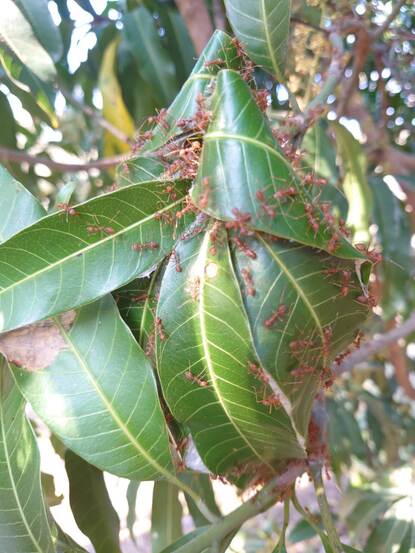
Thailand combines traditional wisdom and innovation to transition from wild harvesting to ant farming, promoting year-round supply of ant eggs and reducing pesticide use in tropical fruit plantations.
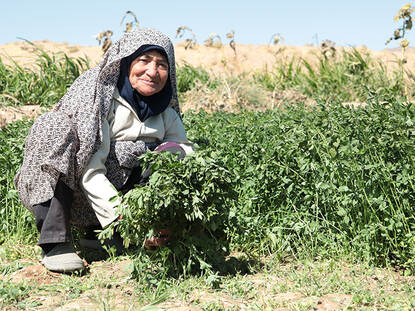
Iran is making progress in nature-inclusive agriculture, with increasing private sector initiatives and opportunities for collaboration with Dutch companies in areas such as agricultural technologies, water management, and marketing
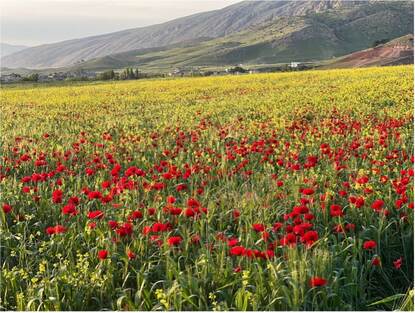
In the ancient land of Mesopotamia, known as Iraq, agriculture flourished in harmony with nature, providing abundant crops

Saudi Arabia is actively pursuing nature-inclusive agriculture to reduce its dependence on food imports, promote sustainability, and preserve its limited natural resources by implementing practices like crop rotation and natural fertilizers to restore soil health and biodiversity.